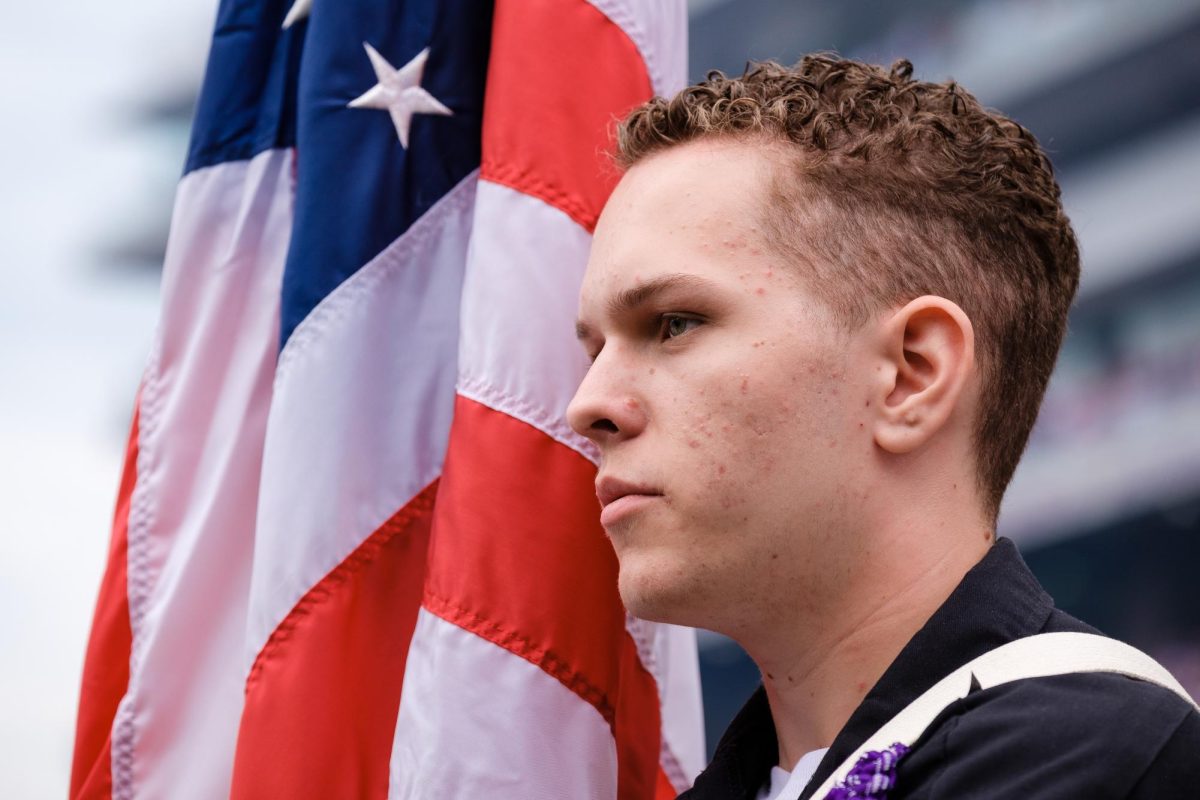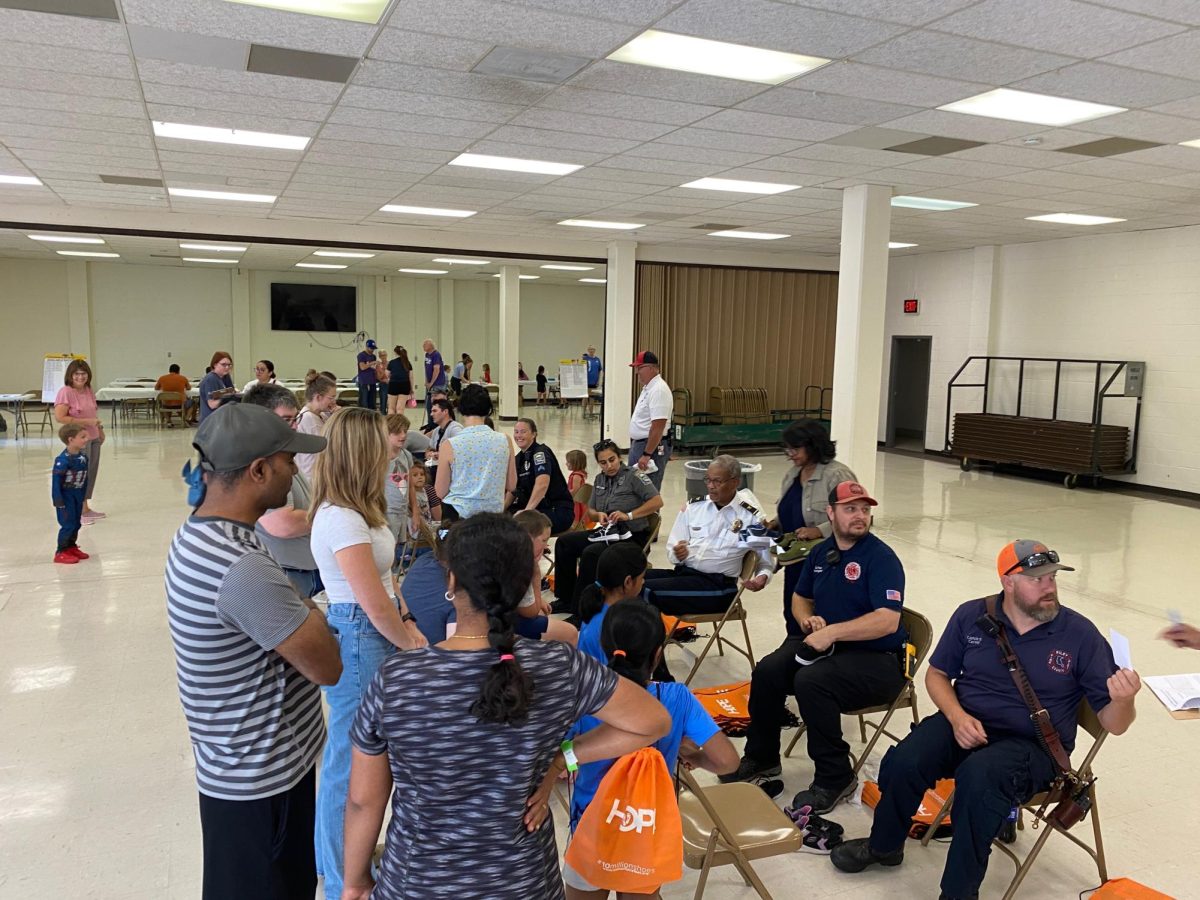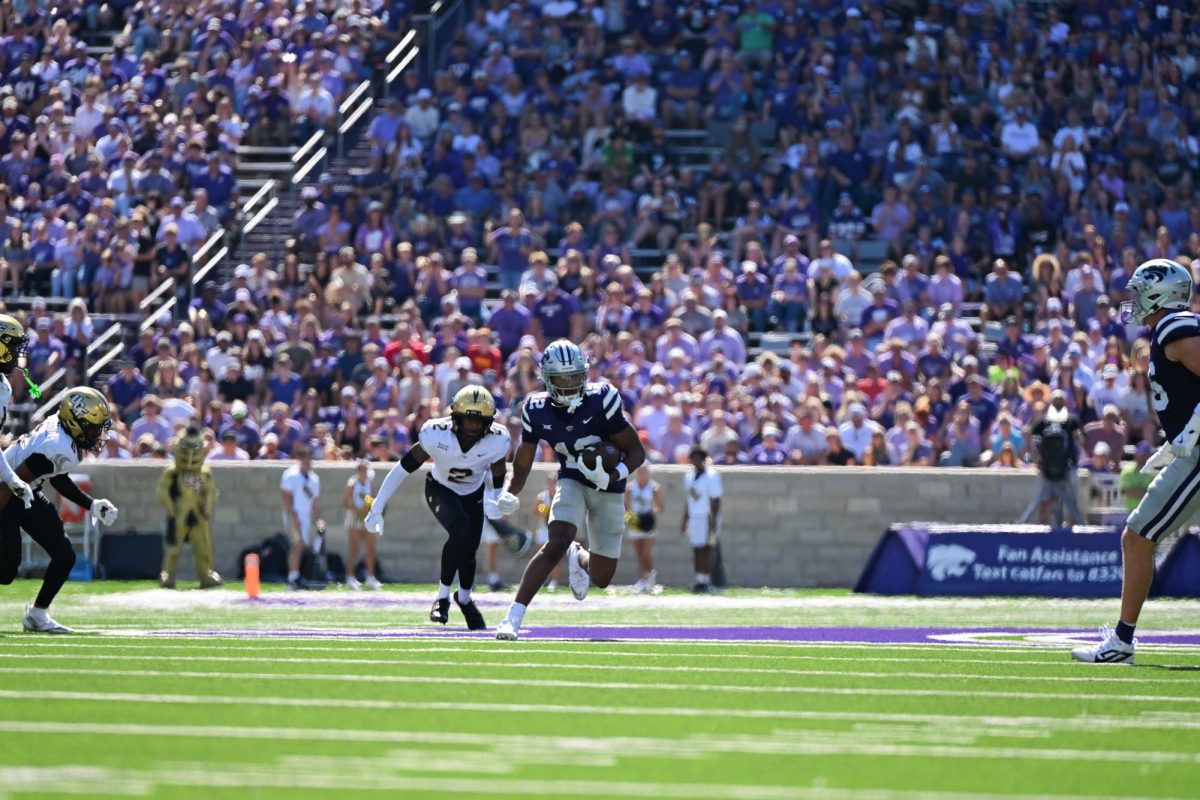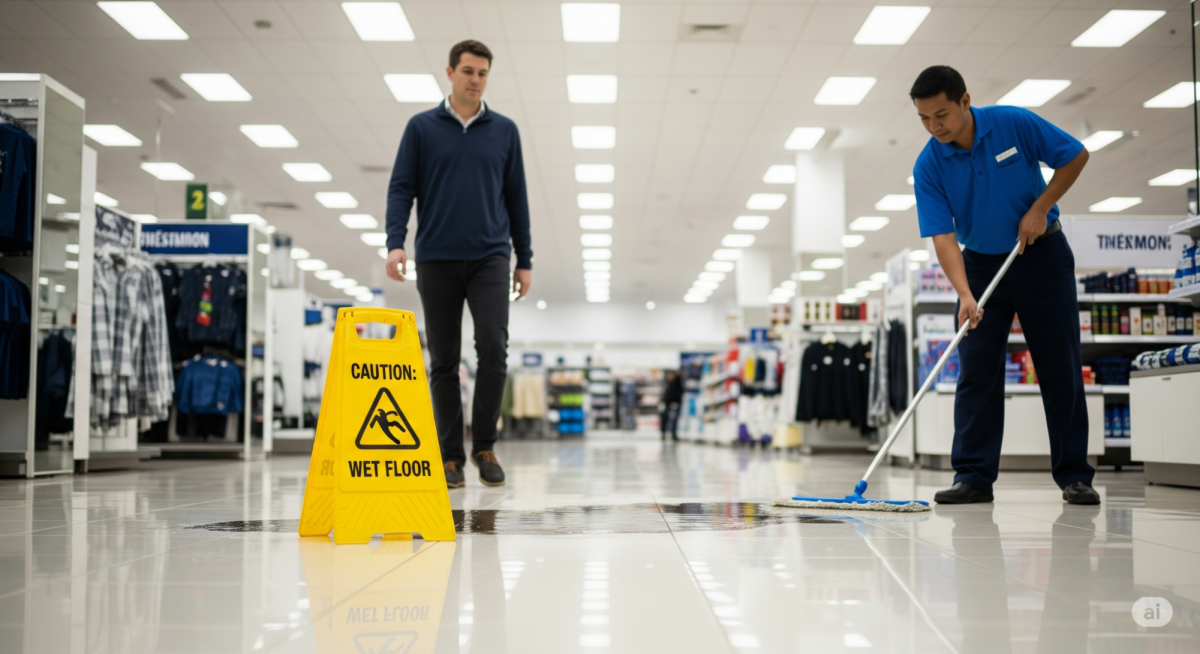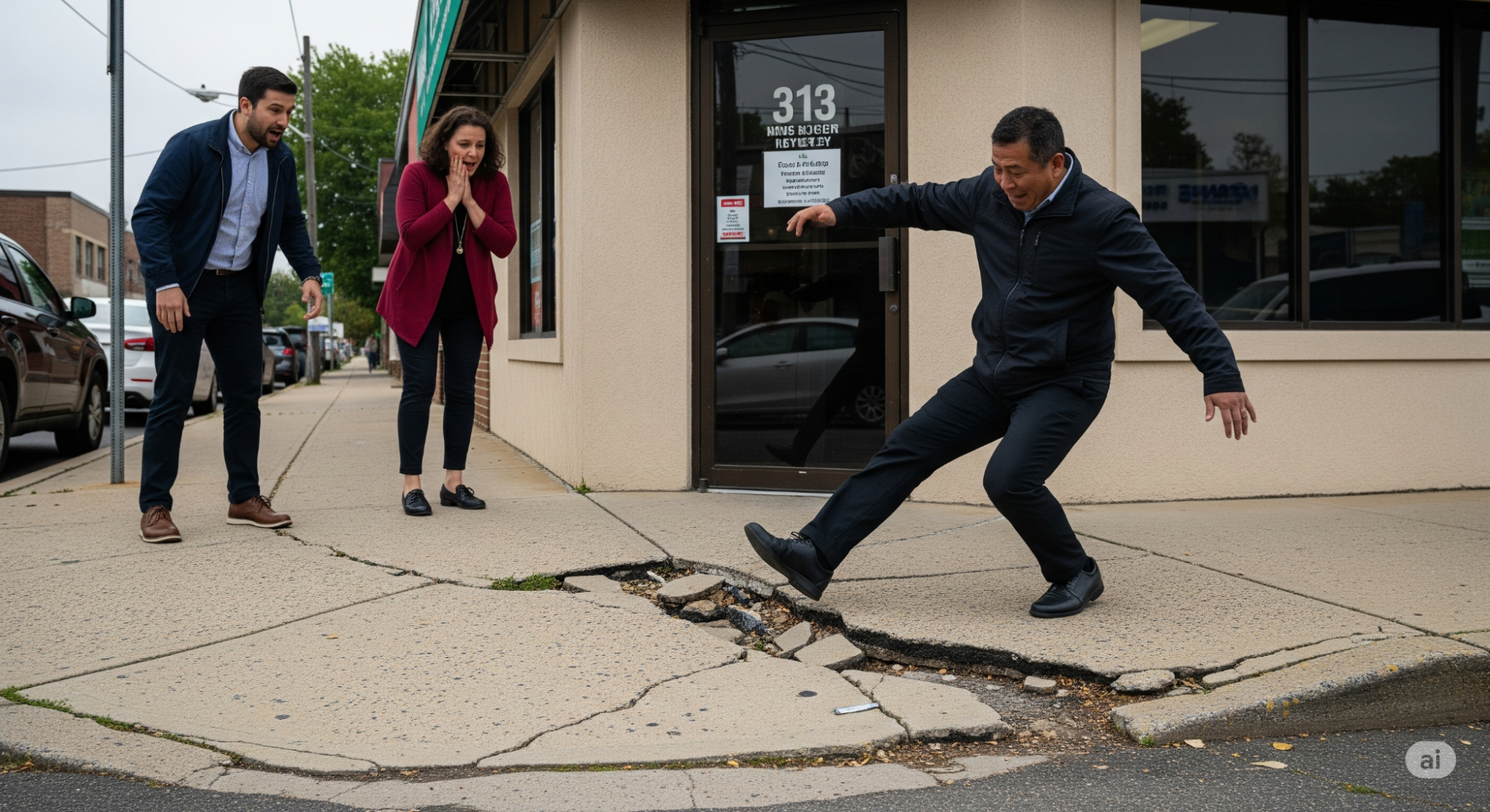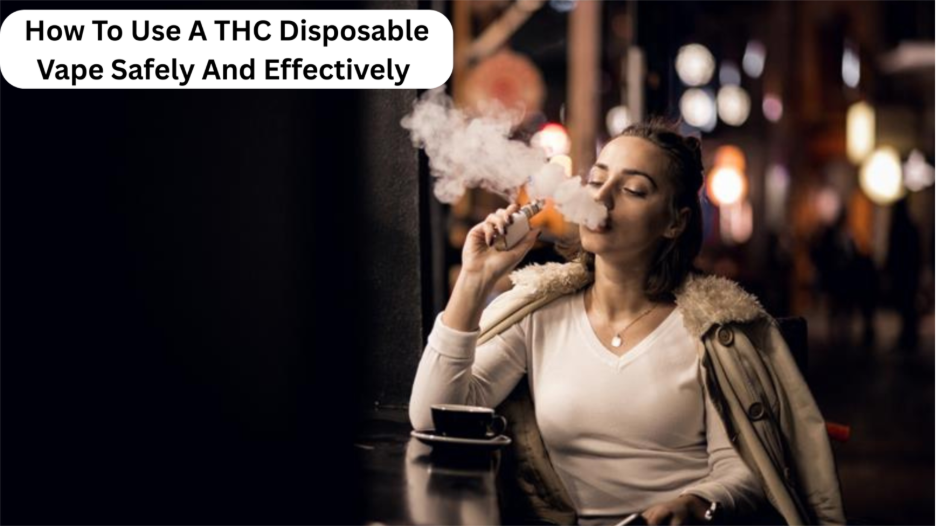Slip and fall accidents can happen quickly, but their effects can be long-lasting. For customers, a simple fall may lead to serious injury and financial stress. For business owners, these incidents can trigger lawsuits, insurance claims, and potential damage to reputation.
In New Jersey, holding a business legally responsible for a slip and fall depends on many specific conditions. Understanding how and when liability applies can help both injured parties and business owners know what to expect when an accident occurs on commercial property.
What Duty Do Business Owners Owe to Visitors?
New Jersey law requires business owners to maintain a safe environment for people who enter their property. Visitors, especially customers, are considered “invitees,” which means they are owed the highest level of care. Property owners must regularly inspect for hazards and fix or warn about anything unsafe.
If they fail to fix something dangerous that they knew about, or should have known about, they may be considered negligent. For example, a wet floor left unattended or broken tiles in a high-traffic area can be strong grounds for a claim.
How Is Liability Determined in Slip and Fall Claims?
To prove a business owner is liable, several elements must be present. First, there must be a hazardous condition. Second, the owner must have known (or should reasonably have known) about this hazard. Third, the injured person must show that the unsafe condition directly caused the fall.
This is where working with a Cherry Hill personal injury attorney, like the team at Rosengard Law Group, helps gather evidence, review logs, secure footage, and build a strong case under premises liability law. If you or a loved one has been injured in a slip and fall, consider reaching out to their office at 496 Kings Highway North, Suite 220B, Cherry Hill, NJ 08034, or calling 856-284-6446 for guidance from a team that truly understands.
What Types of Hazards Commonly Lead to Liability?
A business owner is not automatically liable for every fall. But when certain preventable conditions are present, the risk of being found legally responsible increases. Here are the common situations where owners often face claims:
Wet or Slippery Floors
Falls often happen when drinks spill, cleaning products are left behind, or rainwater is tracked indoors. Business owners must address these hazards immediately and place clear wet floor signs to warn customers and reduce the chance of injuries.
Poor Lighting in Walkways
Insufficient lighting around stairways, aisles, and hallways makes it difficult to see objects or uneven flooring. Business owners are expected to install and maintain proper lighting to ensure customers can walk safely without risking trips or slips in dark areas.
Broken or Uneven Surfaces
Damaged floors, cracked tiles, loose rugs, or uneven sidewalks can all lead to accidents. If a business fails to repair these promptly, especially in high-traffic areas, it may be held responsible for resulting injuries or claims.
Ice and Snow on Property
During snowy or icy conditions, New Jersey businesses must act quickly to clear walkways. If they delay too long or neglect removal entirely, they could face liability if someone slips and suffers an injury due to the unsafe surface.
What Steps Should Business Owners Take to Reduce Risk?
Owners can prevent many slip and fall claims by actively maintaining a safe environment. A strong prevention plan not only protects customers but also reduces legal risk. Keeping detailed inspection logs is one of the most effective steps. Written records of floor checks, clean-ups, and maintenance prove that safety was taken seriously and help defend against negligence claims in court.
Equally important is employee training. Staff should be alert to hazards and know how to act quickly, placing warning signs, cleaning spills, or reporting broken fixtures. When known problems like loose handrails or leaking ceilings are fixed immediately, it shows responsibility. Ignoring repeated complaints can lead to injury and weaken the business’s legal position if an accident occurs.
What Should Victims Do After a Slip and Fall?
Timing and documentation are key when building a slip-and-fall case. Victims should take immediate action after the incident to protect their rights and strengthen their claim. Here are the essential steps every injured person should follow after a fall on business property:
Report the Incident Immediately
Inform a manager or staff member right away and make sure an official report is filed. This document becomes a formal record of the accident, which helps establish that the incident occurred and was acknowledged by the business.
Take Photos or Video
Capture clear images or video of the scene, including the hazard, floor condition, lighting, and even the shoes worn. These visual details, especially if time-stamped, help prove what caused the fall.
Get Medical Attention
Visit a healthcare professional as soon as possible. Prompt treatment not only addresses injuries but also creates a medical record directly linking the accident to the harm suffered, which is vital for legal claims.
What Role Do Insurance and Settlements Play?
Most businesses carry liability insurance that covers slip and fall accidents. After a claim is filed, the insurer will investigate and often try to settle the case out of court. But insurance companies tend to offer low initial payouts.
Victims should never accept a settlement without knowing what their case is worth. In some situations, injuries may worsen over time, leading to medical costs beyond the initial estimate.
FAQs
What is considered a “hazardous condition” in slip and fall cases?
Any condition that a reasonable person would find unsafe, such as a wet floor, uneven steps, poor lighting, or loose wires, may qualify as hazardous. The key is whether the business knew or should have known about it.
Can I still sue if I was partially at fault for the fall?
Yes. New Jersey follows a comparative negligence rule. If you’re found to be less than 51 percent at fault, you can still recover damages. However, your compensation will be reduced based on your share of responsibility.
Does the law treat businesses and private homes differently?
Yes. Businesses have a greater duty to inspect and maintain safe conditions because they invite the public in. Homeowners owe less of a duty to casual visitors, and liability standards are generally less strict.
Are slip and fall cases common in New Jersey?
Yes. According to data from the National Floor Safety Institute, falls account for over 8 million ER visits per year, and many happen on commercial property. Slip and fall injuries are one of the top causes of premises liability claims in the state.
Conclusion
Business owners in New Jersey are held to high standards when it comes to customer safety. They must actively inspect, repair, and warn about hazards, or face legal consequences. For injured victims, knowing when and how to take action is vital to securing fair compensation.

